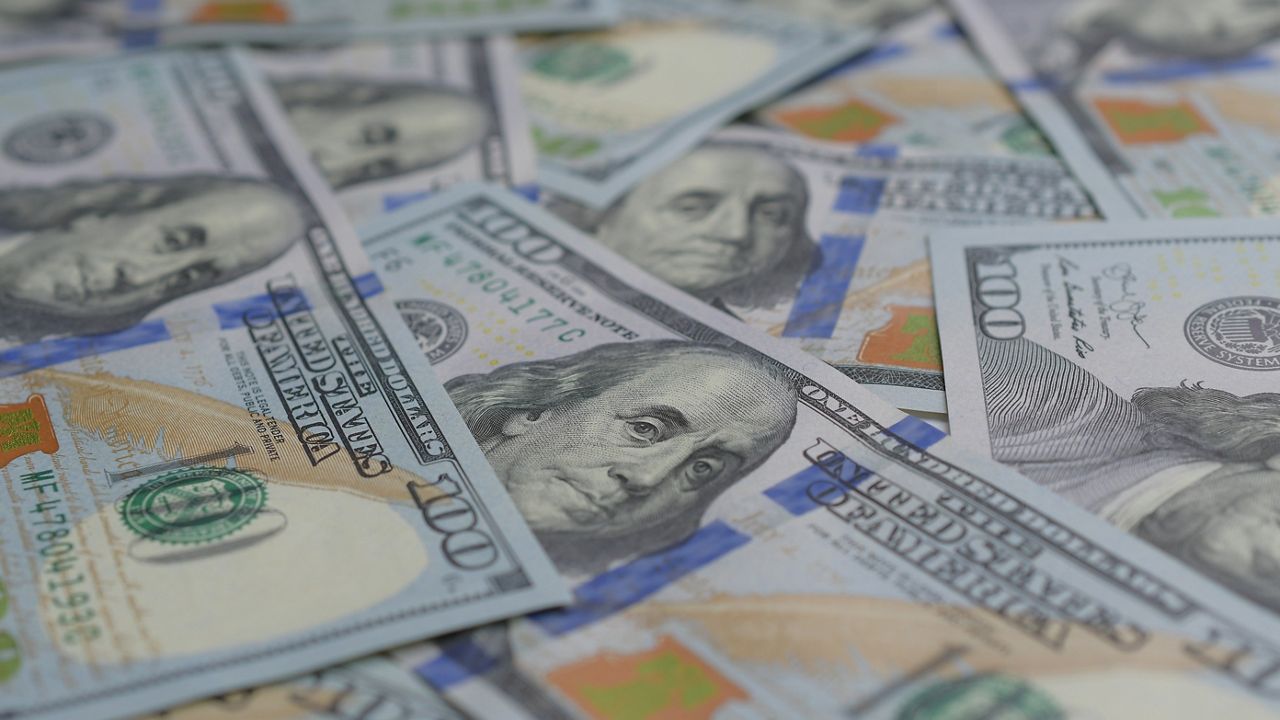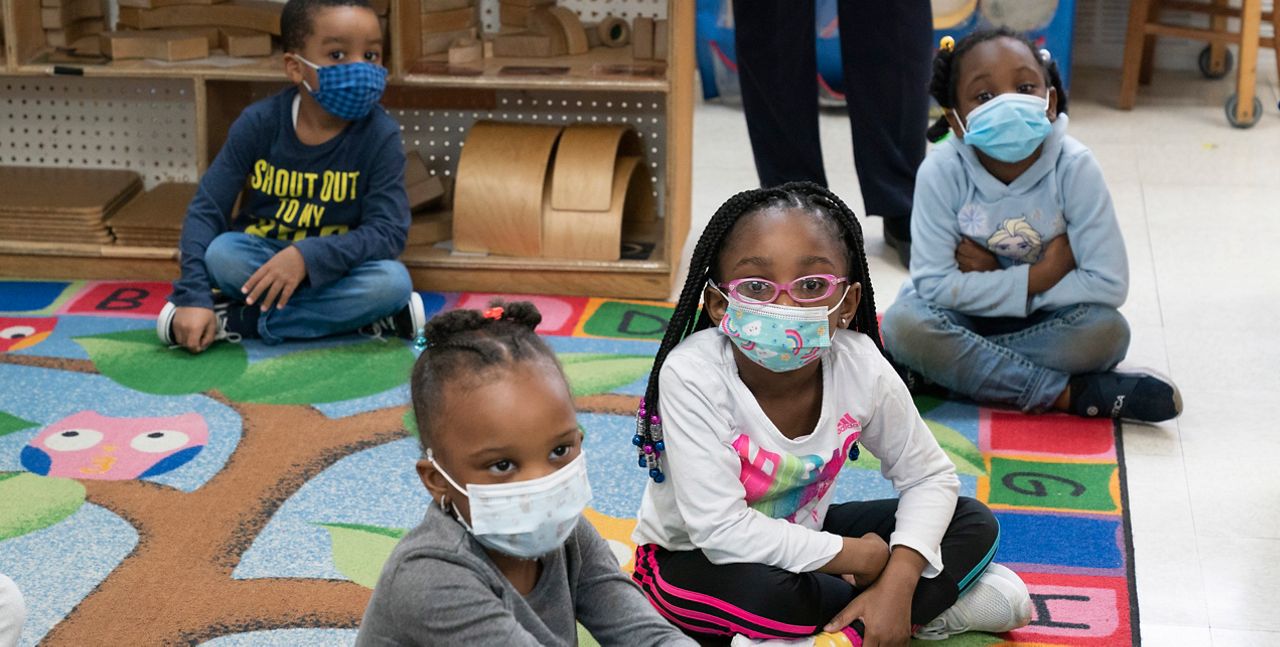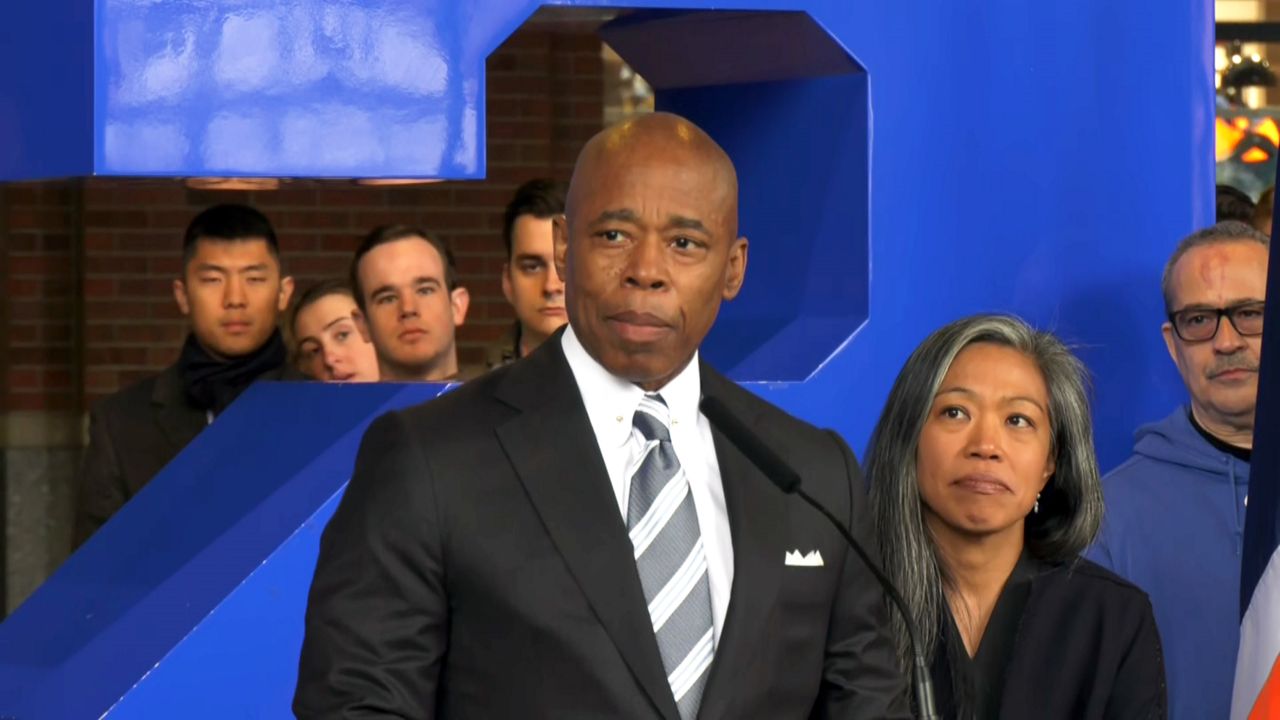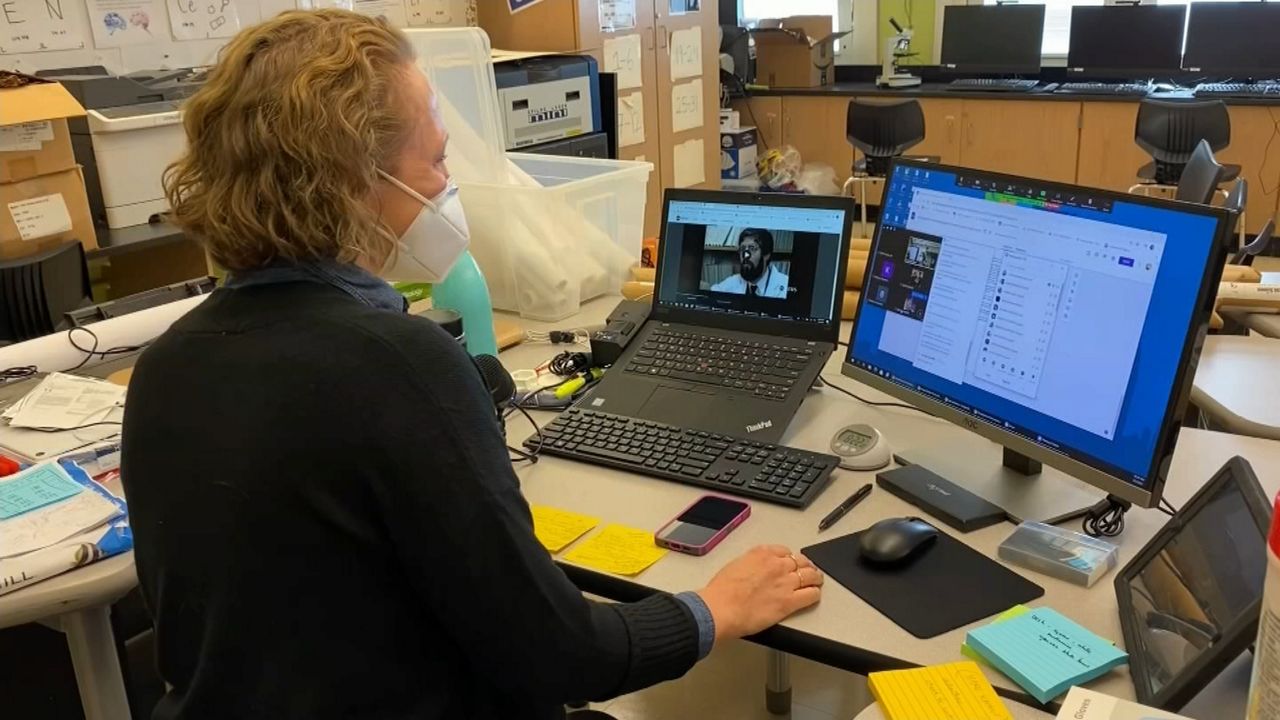New York can expect to receive $54 billion in coronavirus relief aid from the $900 billion deal reached by federal lawmakers, Senate Minority Leader Charles Schumer said Monday.
“The bottom line is that that’s a lot of good help for New York,” the Democratic senator told reporters, saying the aid will go “to New York workers, to families, to renters, to small businesses and direct funding of course to people.”
The House and Senate are expected to vote on the massive funding package later Monday after months of negotiations.
Here’s the tentative breakdown of the city and state’s share:
- More than $6.5 billion in Enhanced Unemployment Compensation for state residents, including a $300 weekly supplement
- $9 billion in direct cash payments to state residents, including $600 for individuals earning up to $75,000, $1,200 for couples making less than $150,000 and an additional $600 per child
- $260 million in FEMA funeral assistance funding for state residents
- $5.8 billion from the Education Stabilization Fund for the state
- $4 billion in emergency transit relief for the MTA
- $42.7 milion for John F. Kennedy airport and $22 million for LaGuardia airport
- $810 million in vaccine, testing and tracing funding for New York City ($135 million for vaccine distribution and $675 million for testing, tracing, isolation support and mitigation)
- $251 million in emergency rental assistance for New York City in addition to the extension of the federal eviction moratorium until Jan. 31, 2021
- $465 million in Child Care Development Block Grants for the state
- $1 billion in FEMA disaster relief funding
- $1 billion for the state’s hospitals and health care centers
- More than $20 billion from Small Business Administration’s Paycheck Protection Program for the state, with New York getting the lion’s share of the $15 billion allocated nationally for the Save Our Stages program benefiting Broadway and other entertainment venues
Mayor Bill de Blasio and Gov. Andrew Cuomo criticized the plan for not including funding to help state and local governments close massive budget deficits caused by the coronavirus pandemic.








